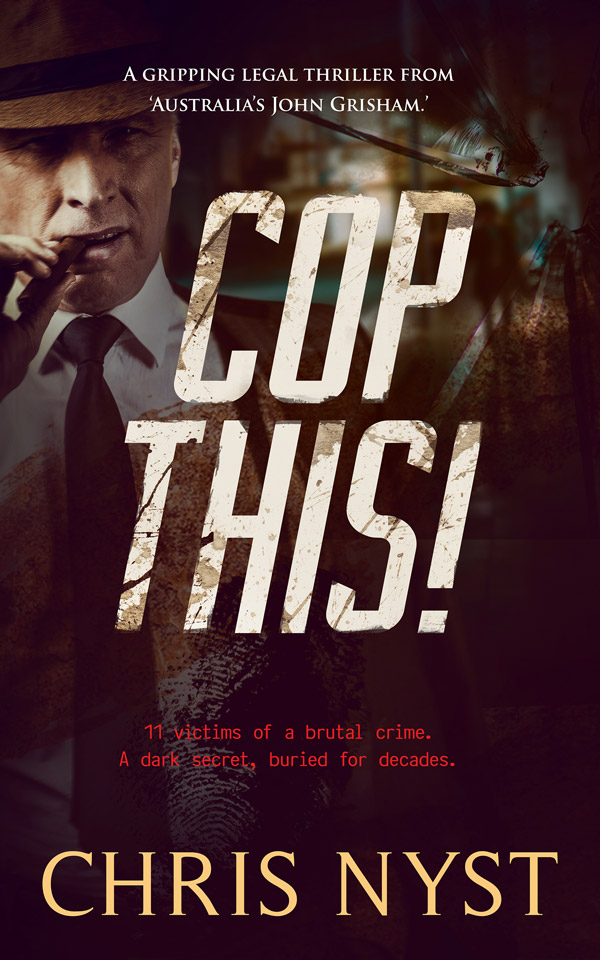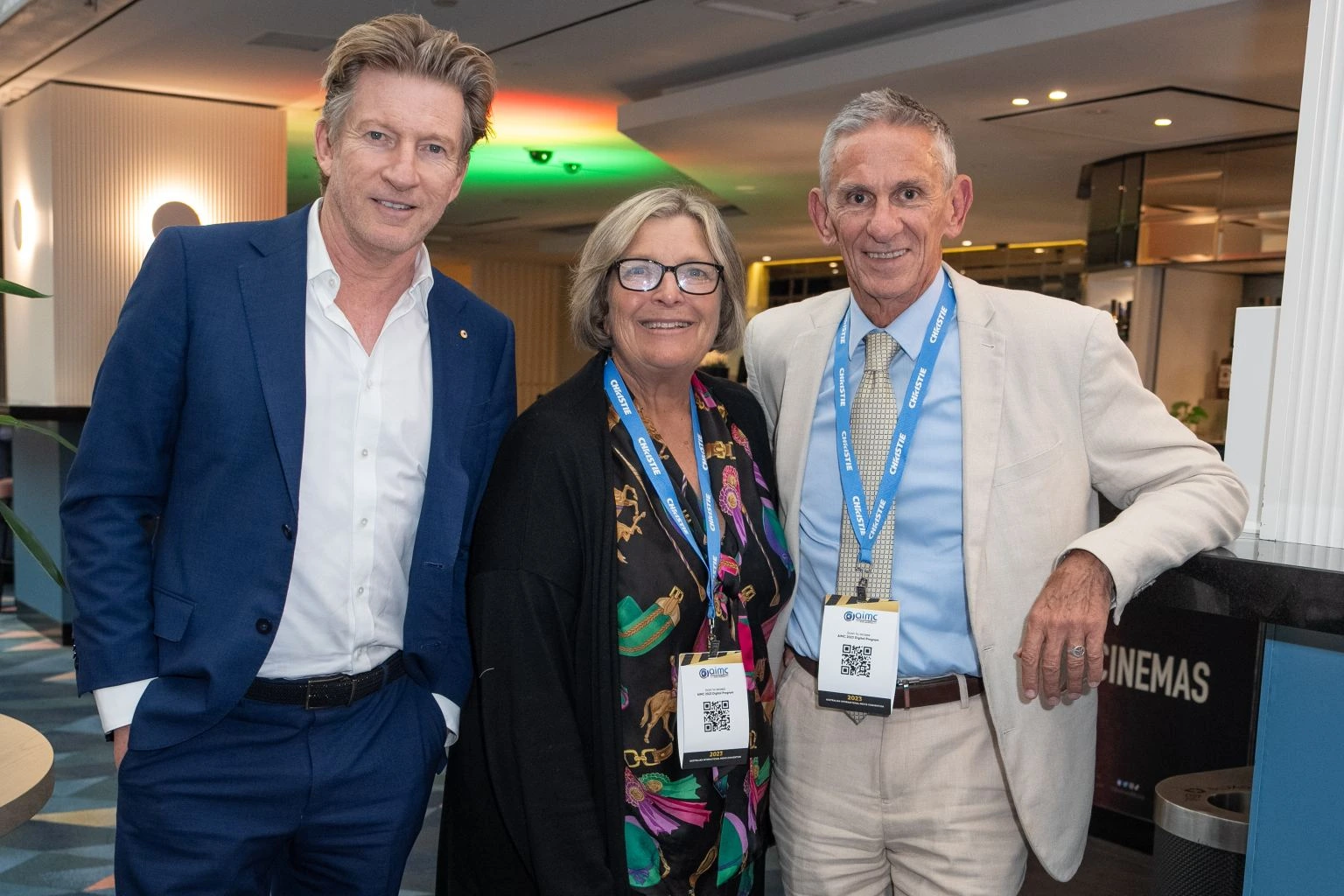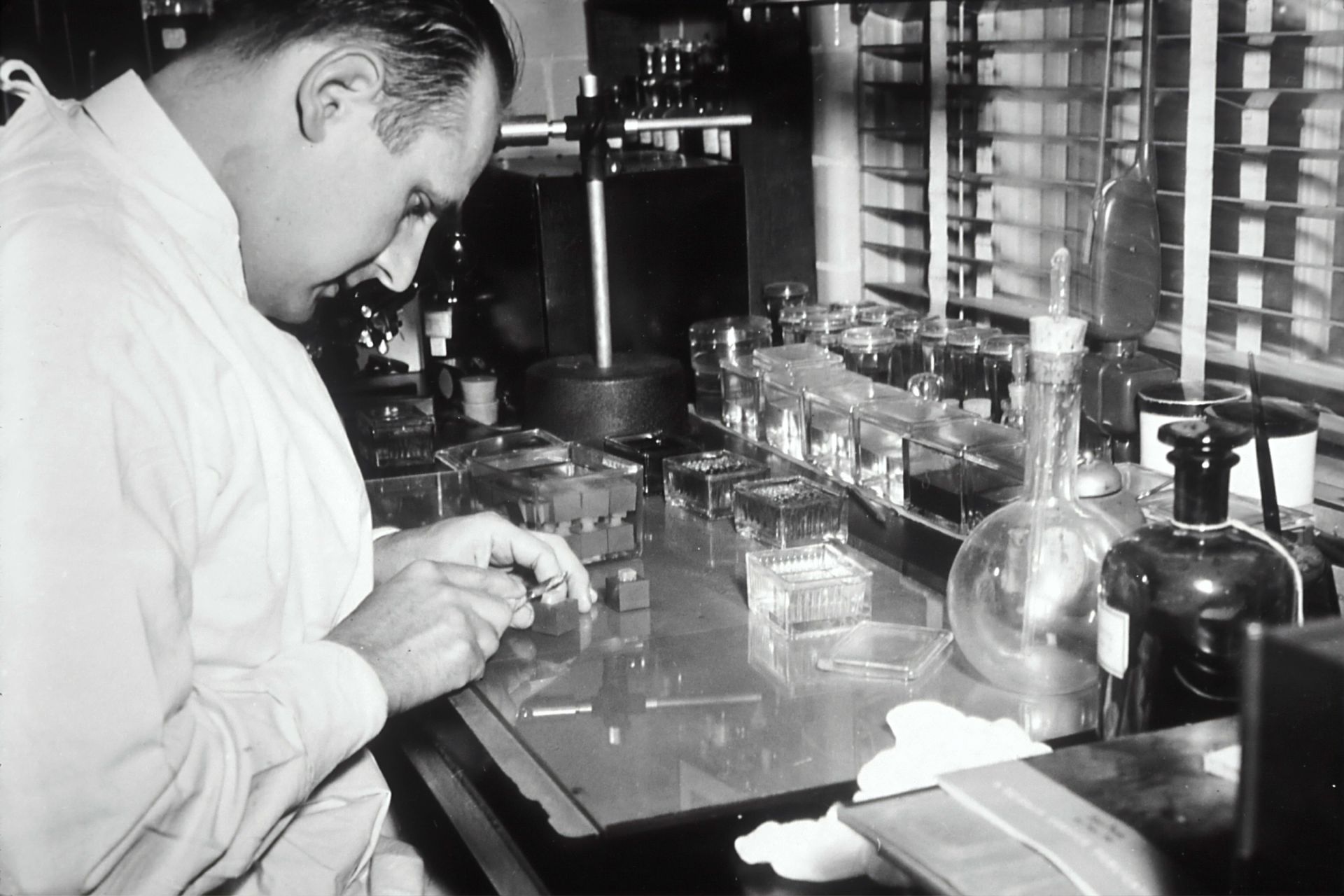The Prime Minister’s call for an overhaul of state parole laws in the wake of this week’s terrorist attack in Melbourne has the sniff of political scapegoating.
On Monday afternoon 29-year-old Somalian-born Islamic extremist Yacqib Khayre, following a terrorism blueprint published online in the ISIS magazine Ruyimah, posed as a client to call out a prostitute to the Buckingham Serviced Apartments in Brighton, where he held her captive and shot dead a 36-year-old Chinese-born receptionist, before ringing a television newsroom announcing “This is for IS, this is for Al Qaeda,” then opening fire on police officers. Khayre was a convicted criminal who was released last December by the Victorian Parole Board after he had served three years of a five and a half year jail sentence for an ice-fuelled violent home invasion in 2012.
The Federal government’s reaction was swift, with Prime Minister Malcolm Turnbull vehemently demanding to know why Khayre was out on parole. The PM immediately signalled his intention to push state premiers at a meeting today to toughen parole laws to stop violent offenders being allowed back on the streets. The message was clear – it should have been obvious public safety dictated Khayre shouldn’t be in the community – and it very effectively deflected the blame back onto the state parole authorities.
But is that entirely fair? Or is the Prime Minister deftly overlooking the obvious.
State parole boards have a very specific job to do. All prisoners are entitled to apply for parole once they have reached their parole eligibility date, regardless of their crime. If, on a sensible objective assessment of all the available intelligence, the board assesses them suitable to serve out their time in the community, they are released on parole, subject to appropriate supervision. It’s a system that has assisted the legitimate rehabilitative efforts of convicts, and served the interests of the broader community, for decades. Breaches sometimes occur, but that’s never been seen as a reason to throw out the baby along with the bathwater.
This was an horrific event, so Mr Turnbull asks why Khayre was granted parole. No doubt, if the parole board had a crystal ball at the time, he would have been kept behind bars. But they didn’t, and they weren’t alone in failing to foresee the terrible tragedy to come. Federal authorities had assessed Khayre to be of good character for citizenship purposes. And it seems that assessment was never revised. The Federal immigration Minister has ample power to cancel the visa and even the citizenship of foreign-born criminals convicted of serious crimes, but apparently no such Federal power was sought to be exercised against Yacqib Khayre. He had a significant and serious criminal history, and was well known to federal authorities. So if it was really so obvious he was such a bad egg he shouldn’t be out on the streets, as Mr Turnbull seems to suggest that it was, federal authorities could have interned or deported him, with the simple stroke of a ministerial pen. But they didn’t. So why then is the state parole system now getting the blame?
Politics is a complex game, often with many agendas in play. But an effective parole process is crucial to our criminal justice system, and the unfettered discretion of our courts and parole boards imperative. It’s no place to play games.











